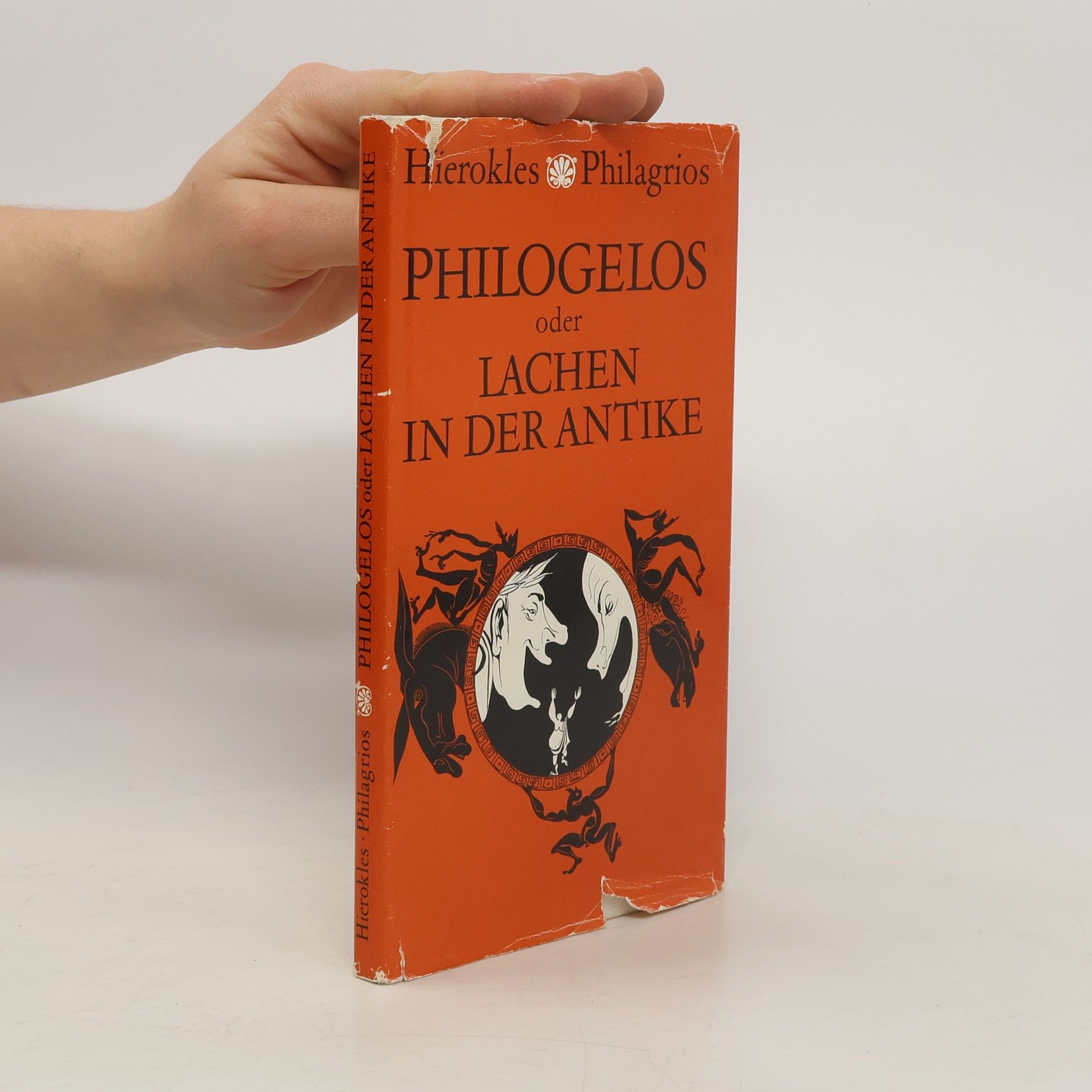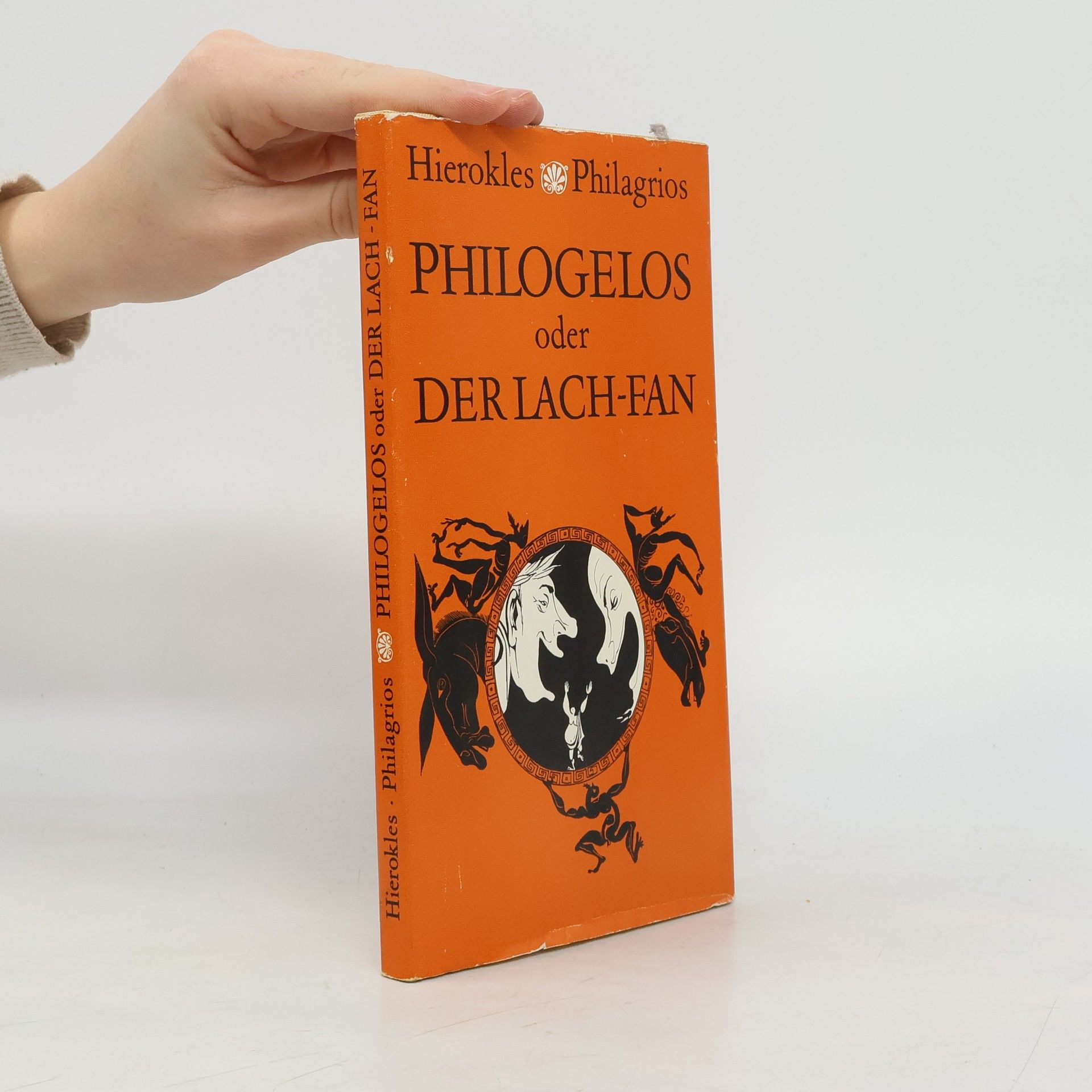Hierocles Libri
Ierocle di Alessandria fu uno scrittore neoplatonico greco attivo intorno al 430 d.C. La sua opera approfondisce idee filosofiche, cercando di colmare il divario tra gli aspetti spirituali e razionali dell'esistenza umana. Il suo approccio fu influenzato dalla filosofia greca classica, ma offrì una nuova prospettiva sull'etica e sulla relazione dell'umanità con il divino. I suoi scritti sono una risorsa preziosa per comprendere l'evoluzione del neoplatonismo e il suo impatto sul pensiero successivo.

